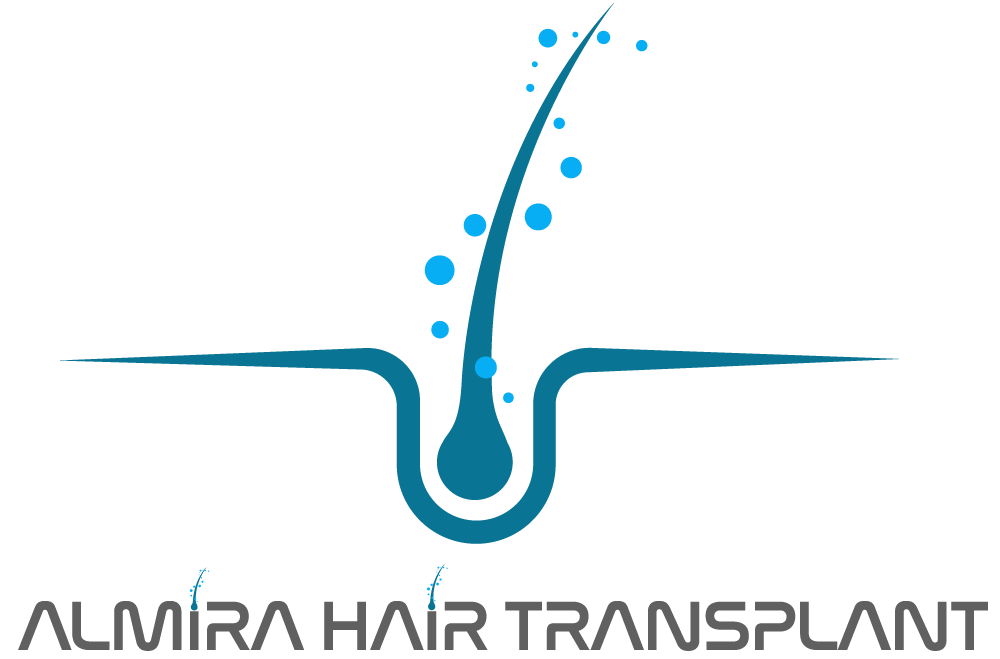When Does Collagen Loss in the Skin Begin? What Should Be Done?

When Does Collagen Loss in the Skin Begin? What Should Be Done?
Collagen is one of the most essential proteins for maintaining the firmness, elasticity, and youthful appearance of the skin. Acting as a natural structural support system, collagen diminishes over time due to natural aging and external factors, which leads to visible signs of aging such as sagging, wrinkles, and dull skin tone. Understanding when collagen loss starts and what can be done about it is crucial for long-term skin health.
When Does Collagen Loss Begin?
Collagen production in the body is at its peak during adolescence and the early 20s. From around the age of 25, the natural synthesis of collagen starts to decline gradually. Studies show that the body loses about 1% of collagen every year starting in the mid-20s. By the time individuals reach their 40s, collagen levels may have significantly decreased, often accompanied by noticeable wrinkles and fine lines.
External factors such as excessive sun exposure, smoking, stress, and poor nutrition accelerate this process, leading to earlier collagen breakdown.
Signs of Collagen Loss
-
Fine lines and wrinkles around the eyes and mouth
-
Loss of skin elasticity and firmness
-
Thinner and more fragile skin
-
Dryness and uneven skin tone
-
Slower wound healing
These symptoms become increasingly noticeable after the age of 30, especially without preventive care.
What Should Be Done to Prevent or Slow Down Collagen Loss?
1. Healthy Nutrition
Foods rich in vitamin C, zinc, and amino acids support collagen synthesis. Incorporating citrus fruits, leafy greens, nuts, and fish into your diet helps maintain skin structure.
2. Sun Protection
Ultraviolet (UV) rays are among the biggest culprits in collagen breakdown. Using a broad-spectrum sunscreen daily prevents premature aging and protects collagen fibers.
3. Avoiding Smoking and Excessive Alcohol
Both smoking and alcohol weaken collagen production and reduce skin elasticity. Avoiding these habits significantly supports skin health.
4. Professional Treatments
Modern aesthetic treatments can stimulate collagen production:
-
Microneedling: Creates micro-injuries to trigger natural collagen regeneration.
-
PRP (Platelet-Rich Plasma): Uses growth factors from the patient’s own blood to encourage collagen renewal.
-
Laser and Radiofrequency Treatments: Boost collagen production by heating skin tissues.
5. Supplements
Collagen peptides, taken as powders or capsules, may help maintain skin firmness and hydration when combined with a healthy lifestyle.
Conclusion
Collagen loss is a natural and inevitable process that begins as early as the mid-20s. However, with conscious skincare, a healthy lifestyle, and professional treatments, this decline can be significantly slowed down. Protecting and supporting collagen production is not only an investment in youthful skin but also in overall skin health.


